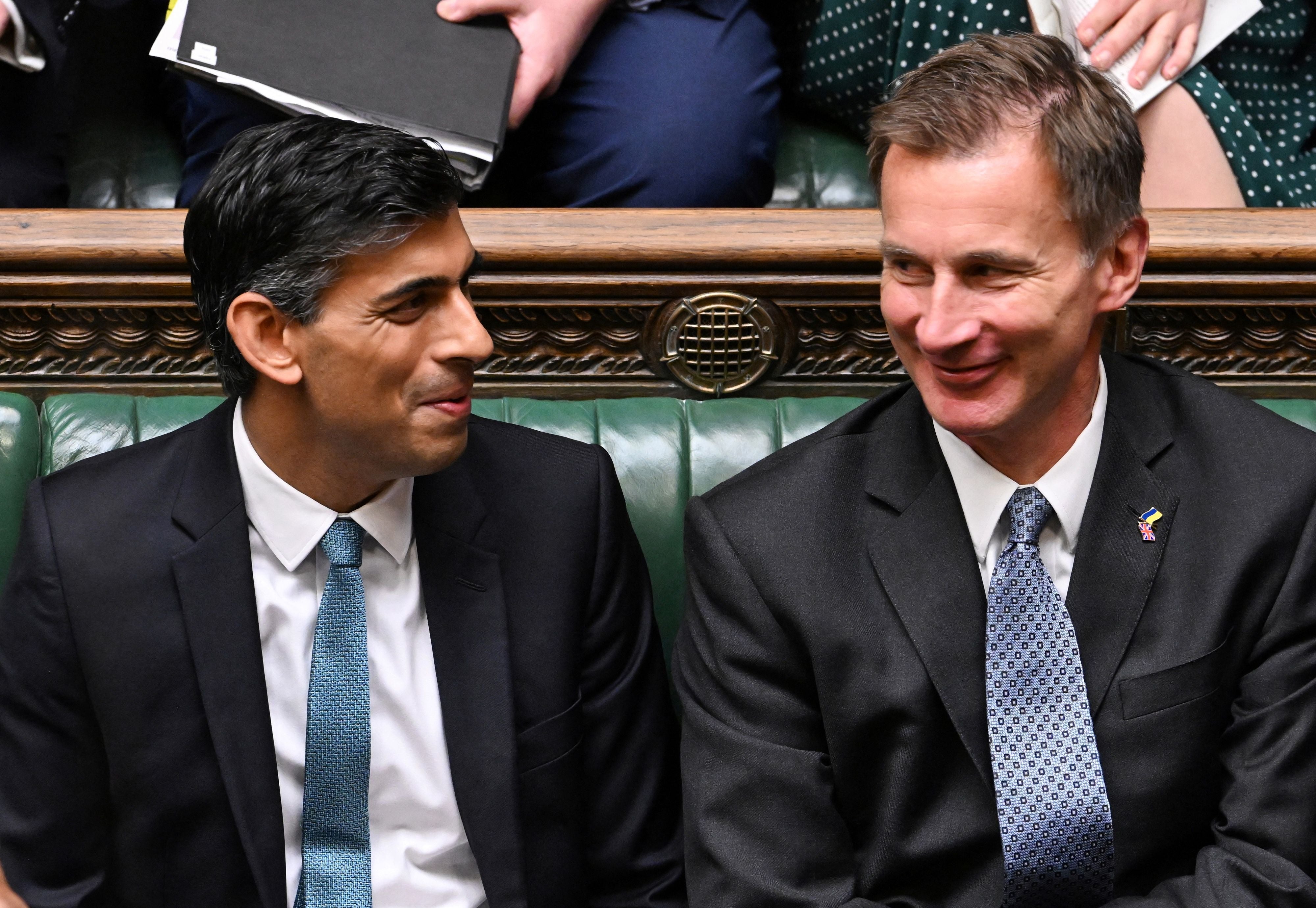Rishi Sunak ‘considers inheritance tax cut’ ahead of general election
PM said to be keen on ‘pre-election giveaway’

Rishi Sunak is said to be considering cutting inheritance tax ahead of the next general election in a move to give the ailing Tories a poll boost.
The vast majority of families are not eligible to pay tax on the estate of a loved one who has died, but it remains consistently unpopular with voters.
The prime minister is eyeing a reduction in inheritance tax in a bid to boost Tory popularity in the “blue wall” south of England, according to Bloomberg.
Mr Sunak was keen on the move as chancellor and “a pre-election giveaway” remains an option, two ministers told the outlet.
Only 4 per cent of deaths in the UK resulted in the paying of inheritance tax, the latest government statistics. It is only paid when the value of an estate is above the £325,000 threshold.
Jo Maugham, director of the Good Law Project campaign group, said that slashing inheritance tax “would be a tax cut for the unearned wealth of the children of the richest people in the country. People like Rishi’s children”.
However, tax expert Dan Neidle inheritance tax is a “bad tax” that hurts some middle-class Britons while the super-rich use loopholes to avoid it.
“The upper-middle class pay a high 40% rate,” he tweeted. “The seriously wealthy use the generous swathe of exemptions and loopholes to pay little or nothing. The answer is to cut the loopholes and also cut the rate.”
Mr Neidle added: “If that’s what Sunak is planning – great. If it’s just a tax cut, leaving all the loopholes in place, not so great.”
A YouGov poll found that 63 per cent of respondents said they support increasing the inheritance tax threshold, a move backed by 77 per cent of Conservative voters.
Moves to reduce the tax could prove particularly popular in wealthier parts of the south of England, where the Tories look to hold off Liberal Democrats in many seats in the home counties.
One minister told Bloomberg that cutting the tax would help the Tories reduce Labour’s poll lead, keen for Sunak to announce the move at the party’s October conference.

Cutting the headline rate of per cent is one option reportedly being discussed, while another would be to raise the £325,000 threshold at which the tax has to be paid.
Such moves could be costly. The Office for Budget Responsibility forecasts that 5.8 per cent of deaths would lead to inheritance tax payments which could raise around £7bn for the Treasury.
No 10 dismissed the report as speculation, saying the government remained focused on getting inflation down in 2023.
Chancellor Jeremy Hunt said this week the “root cause” of the British public’s anger is seeing inflation above 10 per cent, and said the UK economy was “back”.
Speaking on the sidelines of the International Monetary Fund (IMF) spring meetings in Washington, Mr Hunt again argued that pay rises for NHS staff would “entrench” inflation.
“The root cause of people’s anger, it’s seeing inflation above 10 per cent, the cost of the weekly shop going up and we want to make sure that we drive inflation down and we don’t have the same discussions in a year’s time.”
Challenged whether he was being too positive about flatlined growth, Mr Hunt said: “It’s other finance ministers who are telling me Britain is back.”




Join our commenting forum
Join thought-provoking conversations, follow other Independent readers and see their replies
19Comments